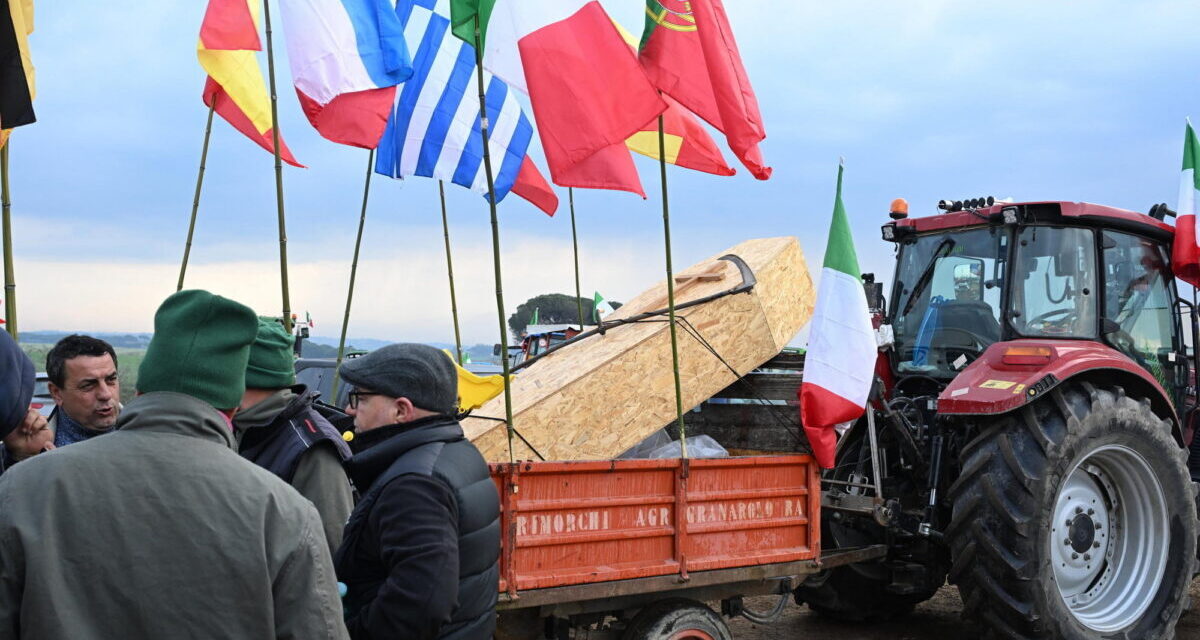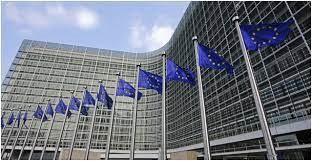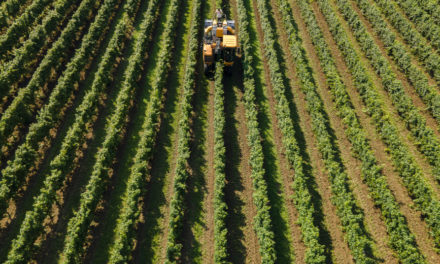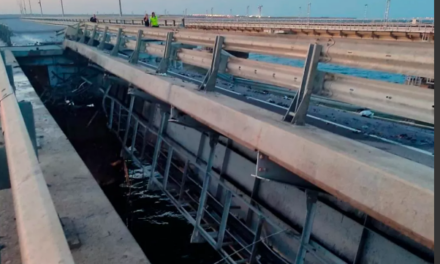The European Commission proposes a targeted revision of certain conditions of the regulation on the strategic plans of the common agricultural policy (CAP) in order to ease the administrative burden on EU farmers, the EU body announced.
According to the Brussels announcement, the proposals aim to reduce the control burden on EU farmers and give them more flexibility to comply with certain environmental protection conditions, while maintaining the high level of environmental and climate ambitions of the current CAP. They also strike the right balance in supporting the transition of European agriculture to more sustainable management.
The proposal also outlines a number of measures to improve the position of farmers in the food supply chain. The possible measures would ensure greater fairness and protection for farmers against unfair trade practices, they emphasized.
Among the proposals of the European Commission is that
EU farmers should no longer be obliged to leave a certain part of their arable land fallow. They can decide on a voluntary basis to leave part of their arable land fallow or to plant new plants on it,
and thereby receive additional financial support. At the same time, all EU farmers will be encouraged to maintain non-productive areas of biodiversity benefit without fear of loss of income.
Instead of crop rotation, the panel recommended crop diversification, which would allow farmers with areas affected by regular drought or excessive rainfall to more easily meet the relevant requirement.
The EU commission also recommended that member states exempt certain crops, soil types or farming systems from the requirements for tillage.
Their scope must be limited and they can only be created if they prove to be necessary to solve specific problems. The exemptions may apply to the entire CAP period, they wrote.
In extreme cases, when farmers cannot work properly and comply with the requirements, Member States can introduce temporary deviations due to unfavorable weather conditions. However, these must be limited in time and can only apply to the beneficiaries concerned.
In the end, the European Commission recommended that farms operating on an area of less than 10 hectares be exempted from inspections and sanctions related to compliance with conditionality requirements. This would significantly reduce the administrative burden related to inspections for small producers, who make up 65 percent of CAP beneficiaries, they wrote.
Ursula von der Leyen, President of the European Commission, said: the EU body
takes decisive and swift action to support farmers at a time when they have to deal with many challenges and concerns.
The proposals offer flexibility to help farmers do their jobs with greater confidence and security.
"We are sending a clear message that agricultural policy is adapting to changing realities while focusing on environmental and climate change priorities," added the Commission President.
MTI
Cover image: Italian farmers demonstrating against the European Union's agricultural policy demonstrate with the symbolic coffin of agriculture along the Nomentana Consular highway, near Rome, on February 20, 2024.
Farmers are calling for the protection of domestic agricultural and food industry products, and instead of strictures, they are asking the European Union for special support for the agricultural sector. MTI/EPA-ANSA/Claudio Peri












